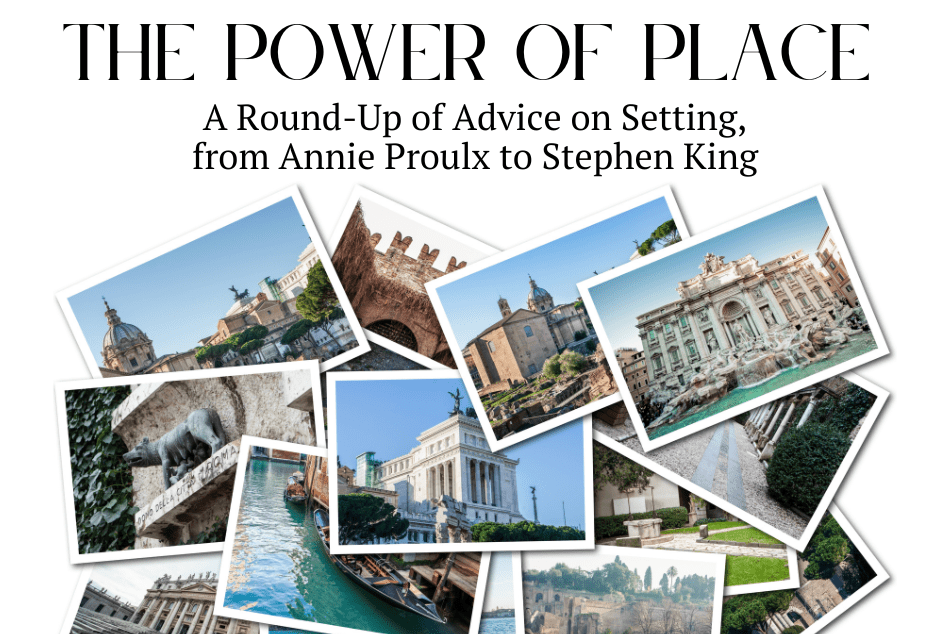Recently I had the honor and privilege of moderating one of the Zoom rooms at an event at The Back Room. One of the stellar authors making a guest appearance that night was Jordan Harper, who won the Edgar for Best First Novel for She Rides Shotgun and has now written the blockbuster noir novel Everybody Knows.
In Everybody Knows, Harper—a Missouri native who lives and writes for screen and print in LA—gives us a look at the beautiful and terrible place Los Angeles is today, warts and wounds and wonderland and all. It’s a world he knows well—and what he doesn’t know, he researches. He told a story about writing the first scene of the novel, which takes place at the Chateau Marmont, the swanky sleaze of a hotel where Jim Morrison lived and John Belushi died.
In the name of verisimilitude, Harper checked himself into the Chateau Marmont to write that first scene, a writerly ritual Harper admitted was “expensive” but well worth it. (Works for me: I may just have to set the first scene of my next novel in Le Jules Verne restaurant at the Eiffel Tower in Paris. I’m just saying.)
Harper reminded me how critical setting is to storytelling, and so I went looking for other advice on writing setting. Here’s a round-up of authors on the importance of place:
“It’s place that interests me—and the social and economic situation in a place—how people live, how they make their living, the culture—but the story comes from place.”
“Every story would be another story, and unrecognizable if it took up its characters and plot and happened somewhere else… Fiction depends for its life on place. In other words, if you could set your story anywhere else, you haven’t given your story a strong enough sense of place.”
“Places are never just places in a piece of writing. If they are, the author has failed. Setting is not inert. It is activated by point of view.”
“If you use the sense of sight exclusively to describe things—which is what many authors do—you will have a one-dimensional, flat atmosphere. But if you put three or four senses into a setting by taking the sense of sight for granted and using others, such as smell and touch, you will, by adding those elements, have a multidimensional setting. It sounds so obvious, but I see it all the time in published books—authors using only the sense of sight in their settings.”
“I always strive to create a setting that leaves the readers’ imagination room to roam. That way, every reader sees the story through their own eyes.”
“When ideas evaporate, when shapes fade and forms lose their integrity, our imagination can create an outlandish setting and convert everything into a hazy, misty Turner landscape.”
“In the detective story, as in its mirror image, the Quest for the Grail, maps (the ritual of space) and timetables (the ritual of time) are desirable. Nature should reflect its human inhabitants, i.e., it should be the Great Good Place; for the more Eden-like it is, the greater the contradiction of murder. The country is preferable to the town, a well-to-do neighborhood (but not too well-to-do-or there will be a suspicion of ill-gotten gains) better than a slum. The corpse must shock not only because it is a corpse but also because, even for a corpse, it is shockingly out of place, as when a dog makes a mess on a drawing room carpet.”
“As a writer, I’m driven by settings. Others are driven by characters or predicaments, but with me, settings come first.”
“I think of setting as almost a character of its own, influencing the other characters in ways they’re not even aware of. So much of the success of a good ghost story rides on creating a creepy atmosphere; details of the landscape itself can help create a sense of dread.”
“One of the biggest mistakes writers make in developing their story is neglecting the importance of setting. Character, plot, and dialogue are all essential to story progression; however, so is setting. It serves a purpose far beyond a backdrop for the action. Setting can frame mood, meaning, and thematic connotations.”
“Rule Number One: Write about settings you’re familiar with.”
“When I worked with kids who had never been downtown [Chicago], they weren’t terribly impressed by the big buildings or Christmas lights when we took them there. The details they saw through children’s eyes were drunks passed out on rooftops or wildlife running along the elevated train tracks. I learned from them that what makes a scene come alive is close-up detail, and that’s found its way into my books.”
“If I wanted to invent a universe, I’d be Frank Herbert writing Dune. But I’m too lazy to invent a universe, so I set my books in familiar places. When my characters are traveling a highway, when they’re facing a summer monsoon, or anything else, I have those familiar settings in my mind, which allows me to focus on what the characters are doing or thinking.”
“It’s also important to remember it’s not about the setting, anyway – it’s about the story, and it’s always about the story.”
Armed with this guidance, it’s time to book that trip to your new story’s setting. Join us on Facebook to discuss….





